Does anyone have any idea of the relative performance of GLib's GAsyncQueue vs. POSIX message_queue for inter-thread communication? I will have many small messages (both one way and request-response types), to be implemented in C on top of Linux (for now; may be ported to Windows later). I am trying to decide which one to use.
What I have found out is that using GLib is better for portability purposes, but POSIX mq's have the advantage of being able to select or poll on them.
However, I have not found any information on whose performance is better.
